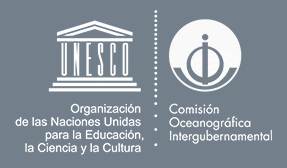Displaying 893 results.
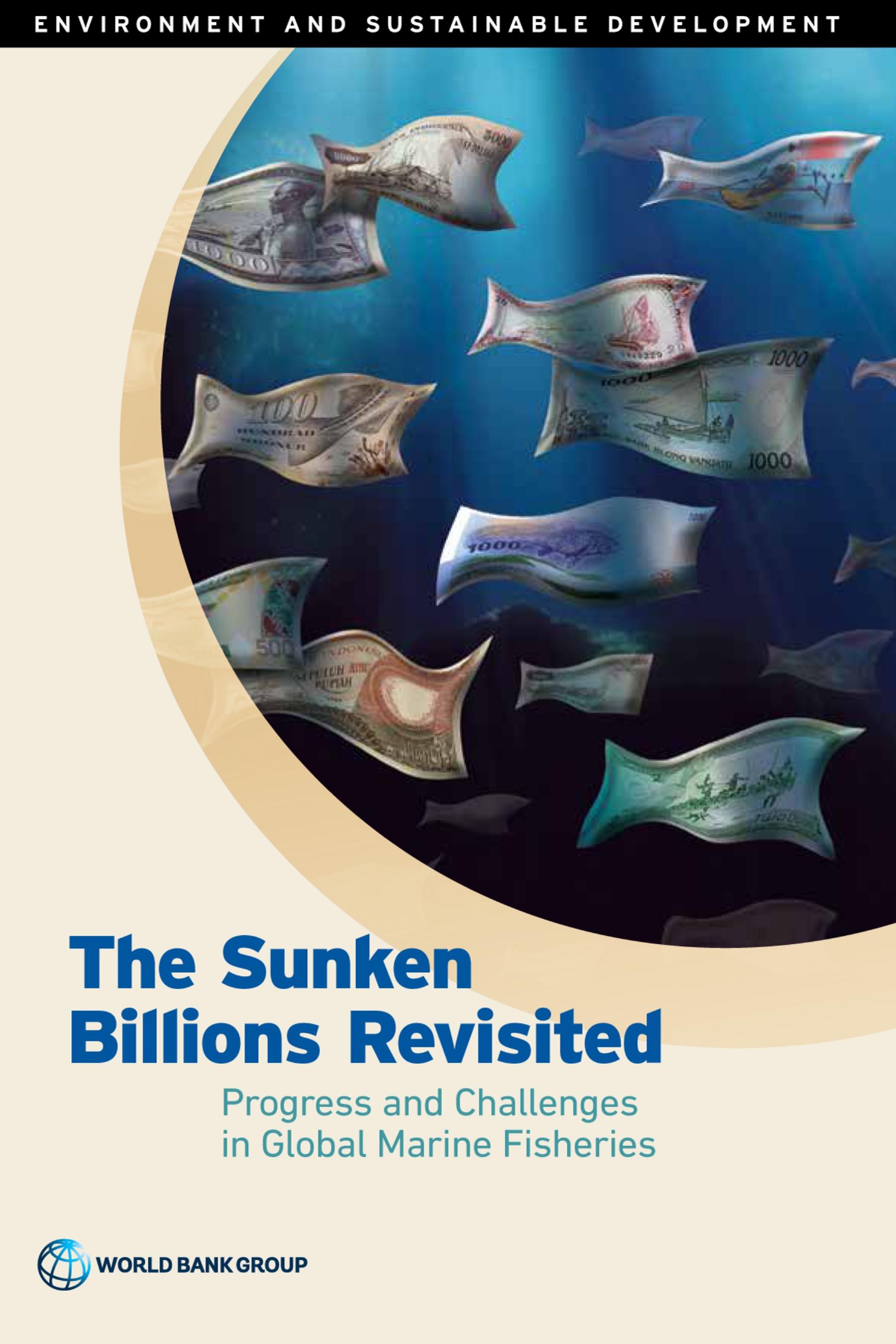
The Sunken Billions Revisted – Progress and Challenges in Global Marine Fisheries
The primary objective of this study is to reinforce the messages of the 2009 publication and to catalyze calls for accelerating and scaling up the international effort aimed at addressing the global fisheries crisis. The analysis reveals economic losses of about $83 billion in 2012, compared with the optimal global maximum economic yield equilibrium. These sunken billions represent the potential annual benefits that could accrue to the sector following both major reform of fisheries governance and a period of years during which fish stocks would be allowed to recover to a higher, more sustainable, and more productive level. These stocks cannot be recovered immediately, even if ideal sector governance were somehow imposed overnight. Rather, the process of recovery implies large transition costs and long-term sector restructuring.
Author: World Bank
Year: 2017
Keywords:
 4
4


 Report issue
Report issue
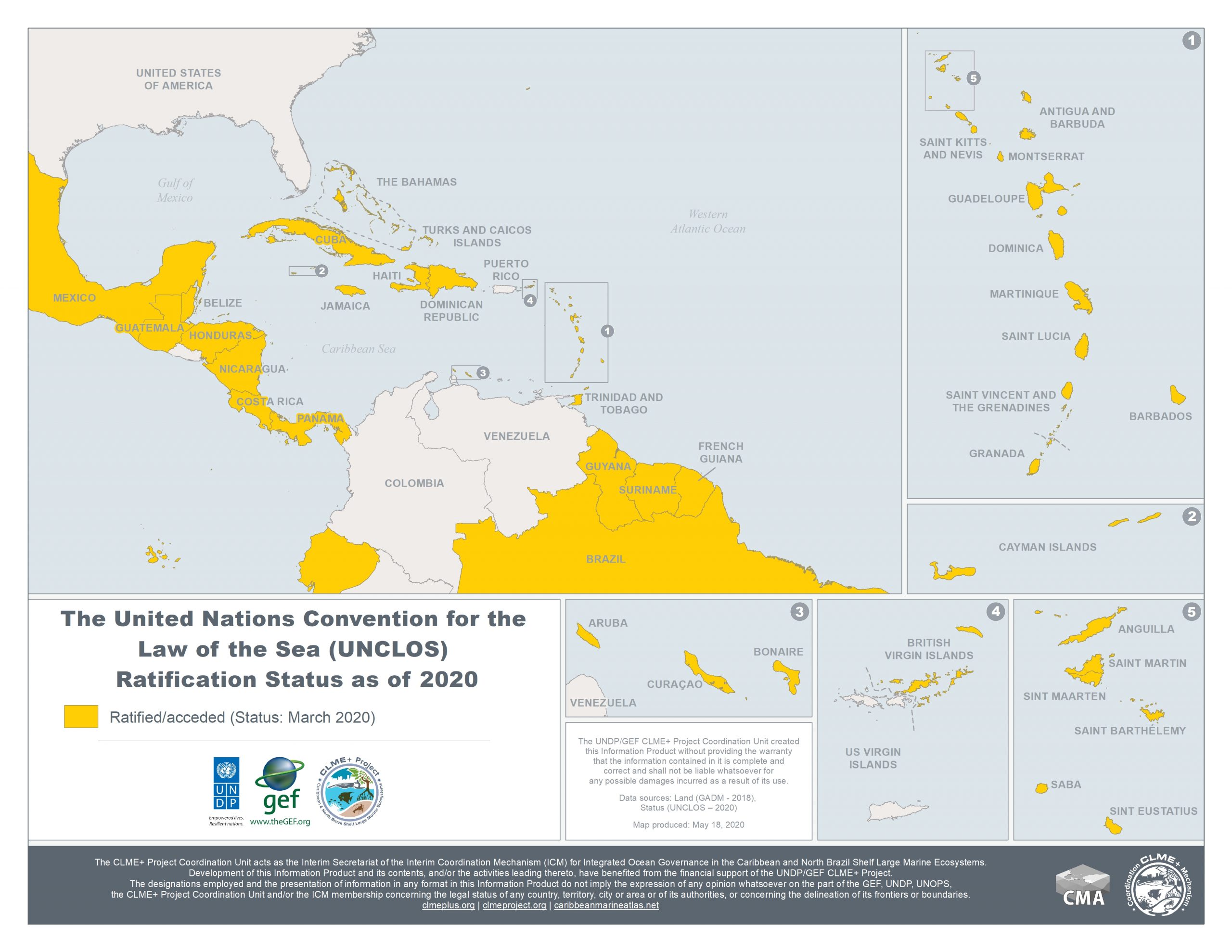
The United Nations Convention for the Law of the Sea (UNCLOS) Ratification Status as of 2020
Author: CLME+ PCU
Year:
Keywords: The United Nations Convention for the Law of the Sea (UNCLOS) Ratification Status as of 2020
 4
4


 Report issue
Report issue
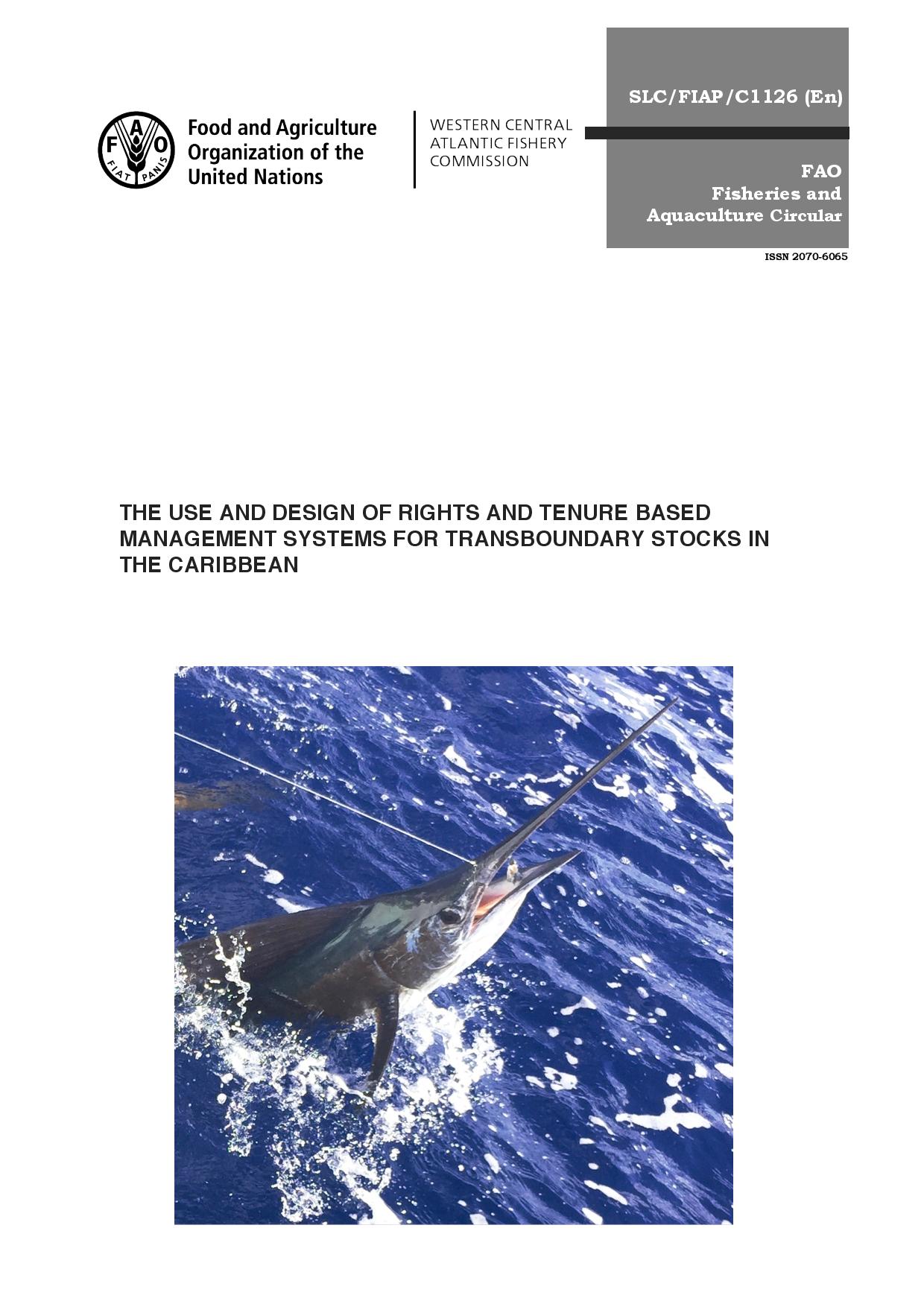
The Use And Design Of Rigths And Tenure Based Management Systems For Transboundary Stocks In The Caribbean
This document provides the findings and recommendations from a desk study carried out in support of the Caribbean Billfish Project. It includes an analysis of the motivating factors for rights based approaches in order to address the common pool fishery problems which dissipate rents. Human action depends on the fisheries management approaches followed. The study recognizes that it is a challenge to apply rights based approaches in the developing world. The author states that the answer is to secure rights to the fishery to end the race to fish and to put proper incentives in place to increase wealth and sustainability. The document also describes the characteristics of strong rights and several rights based approaches in commercial and recreational fisheries for billfish.
Author: Gentne, B.
Year: 2016
Keywords: Caribbean Billfish Project rights based approaches Rights and Tenure Based Management Systems fisheries, marine habitats
 3
3


 Report issue
Report issue
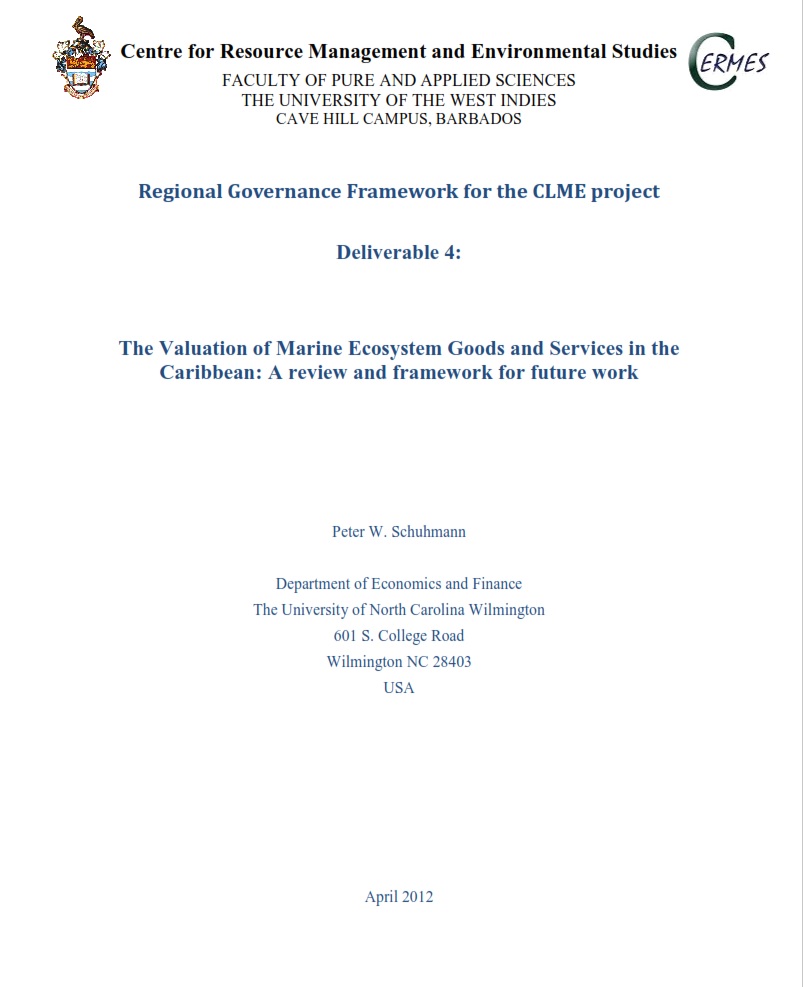
The Valuation of Marine Ecosystem Goods and Services in the Caribbean: A review and framework for future work
This report provides a summary of economic analyses of marine ecosystem services in the Wider Caribbean Region for the three major marine ecosystem types being addressed by the Caribbean Large Marine Ecosystem (CLME) Project: reef, pelagic and continental shelf. Particular attention is given to empirical valuation studies. An overview of existing valuation methodologies is provided, along with recommendations for applications in the in the CLME Project area. Advantages and disadvantages of alternative methods are discussed. Market and non-market valuation studies from peer-reviewed journals, proceedings, government archives and university databases are reviewed. Attention is also given to other empirical work at the nexus of economics and marine resources in the Caribbean such as the use and effects of economic incentives, economic impact studies, and conservation finance. Studies reviewed for this report include analyses of primary and secondary data, benefits transfer applications, meta-analyses and case studies. Gaps, deficiencies and unknowns in the extant literature are highlighted and discussed. The summary and analysis of gaps together form a framework for valuation in the Wider Caribbean Region so that future work can be directed toward areas of policy importance.
Author: Schuhmann, P.
Year: 2012
Keywords:
 10
10


 Report issue
Report issue
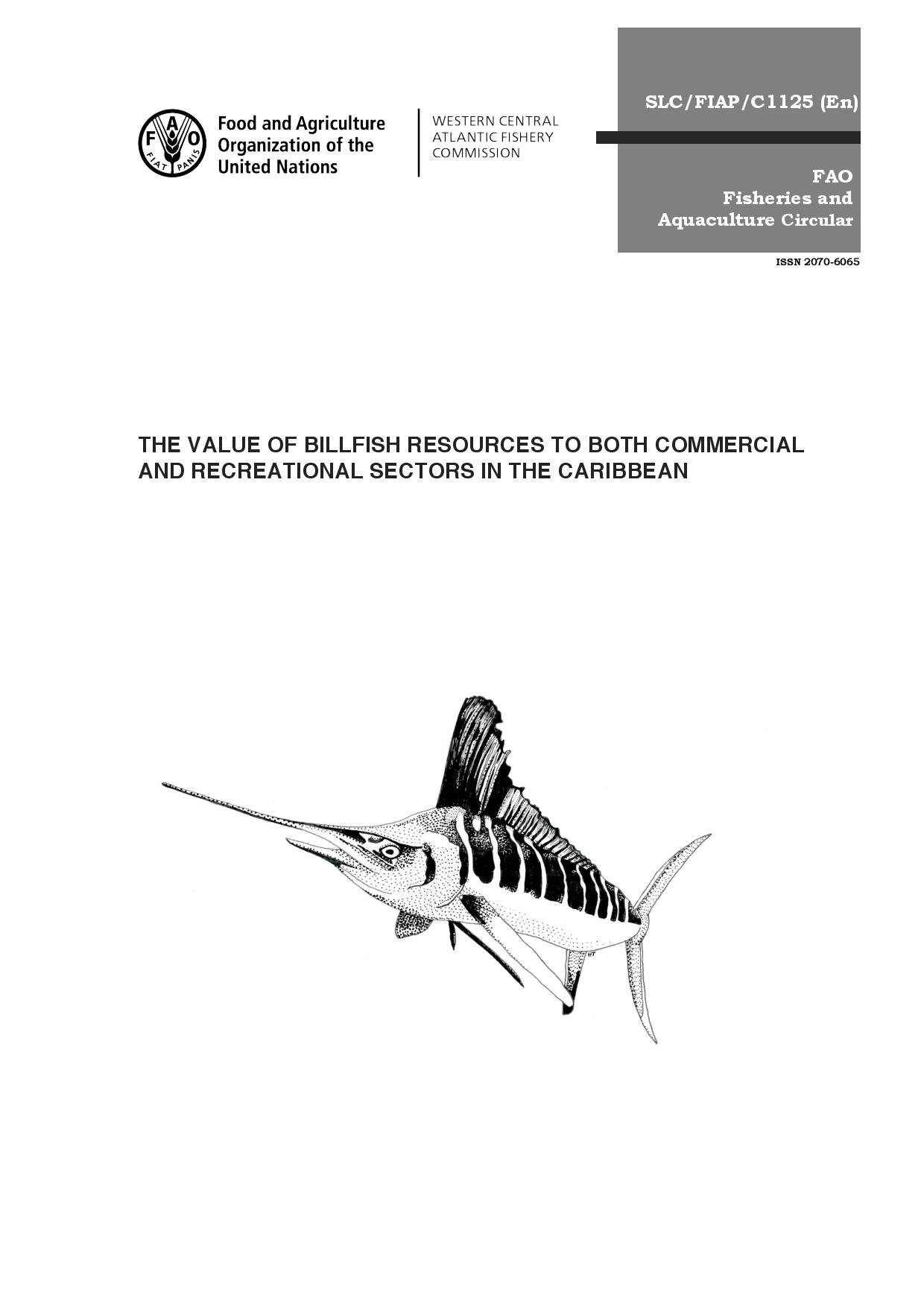
The Value of Billfish Resources to Both Commercial And Recreational Sectors in The Caribbean
The study carried out a comparison of the value estimated both in recreational and commercial fisheries for billfish in the Caribbean. The recreational value was found to be much higher than the value in the commercial sector but total estimates should be treated with caution due to the uncertainty of the raw data available. Enough value exists in recreational sector to compensate losses in commercial sector. Billfish commercial fishery responsible for much less than one percent of total Caribbean seafood value (between 0.36 percent and 0.84 percent). Most recreationally caught billfish released with high survival. In general, there is a need for better data regarding landings, effort, supply chain in both sectors.
Author: Gentner, B.
Year: 2016
Keywords: Billfish
 3
3


 Report issue
Report issue
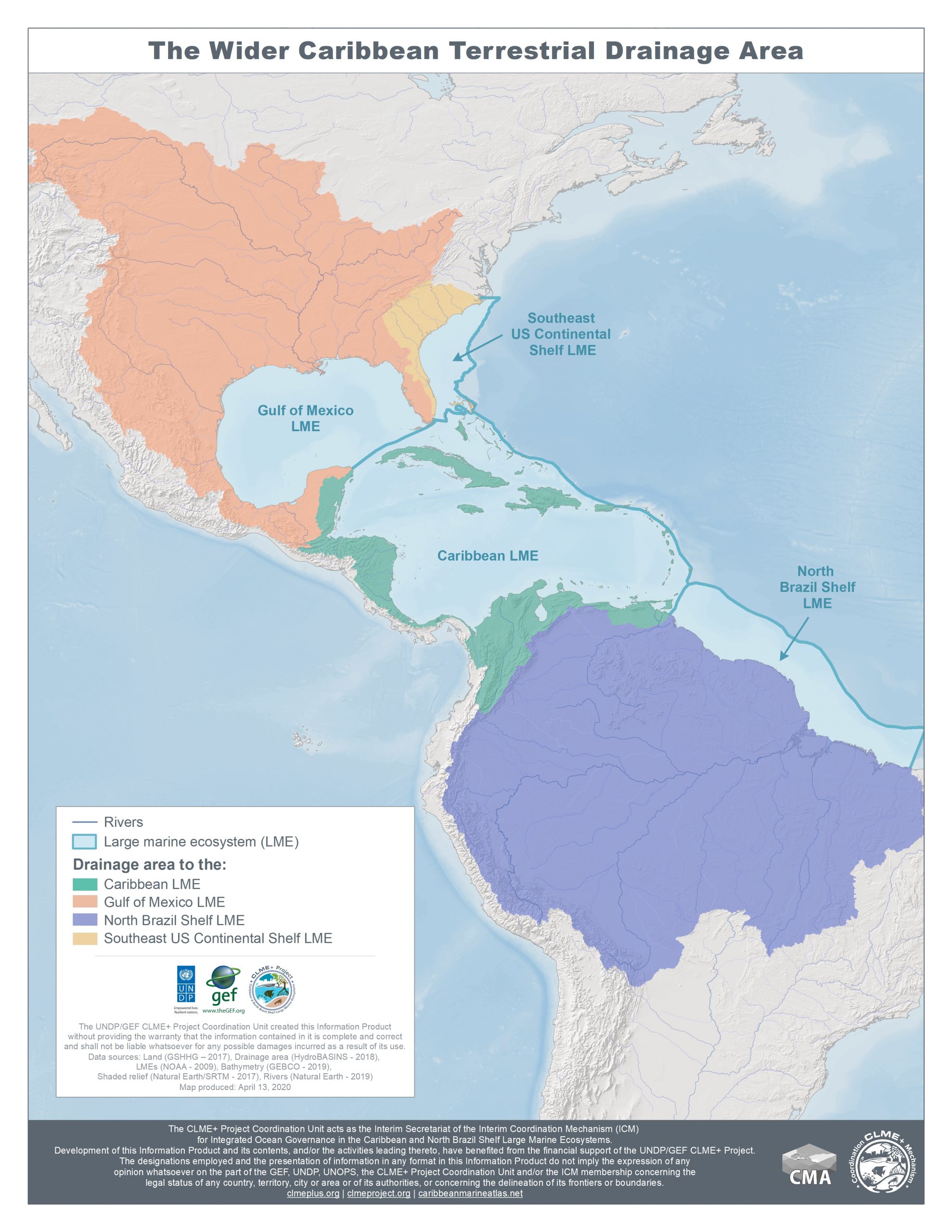
The Wider Caribbean Terrestrial Drainage Area
Author: CLME+ PCU
Year: 2020
Keywords: The Wider Caribbean Terrestrial Drainage Area
 5
5


 Report issue
Report issue
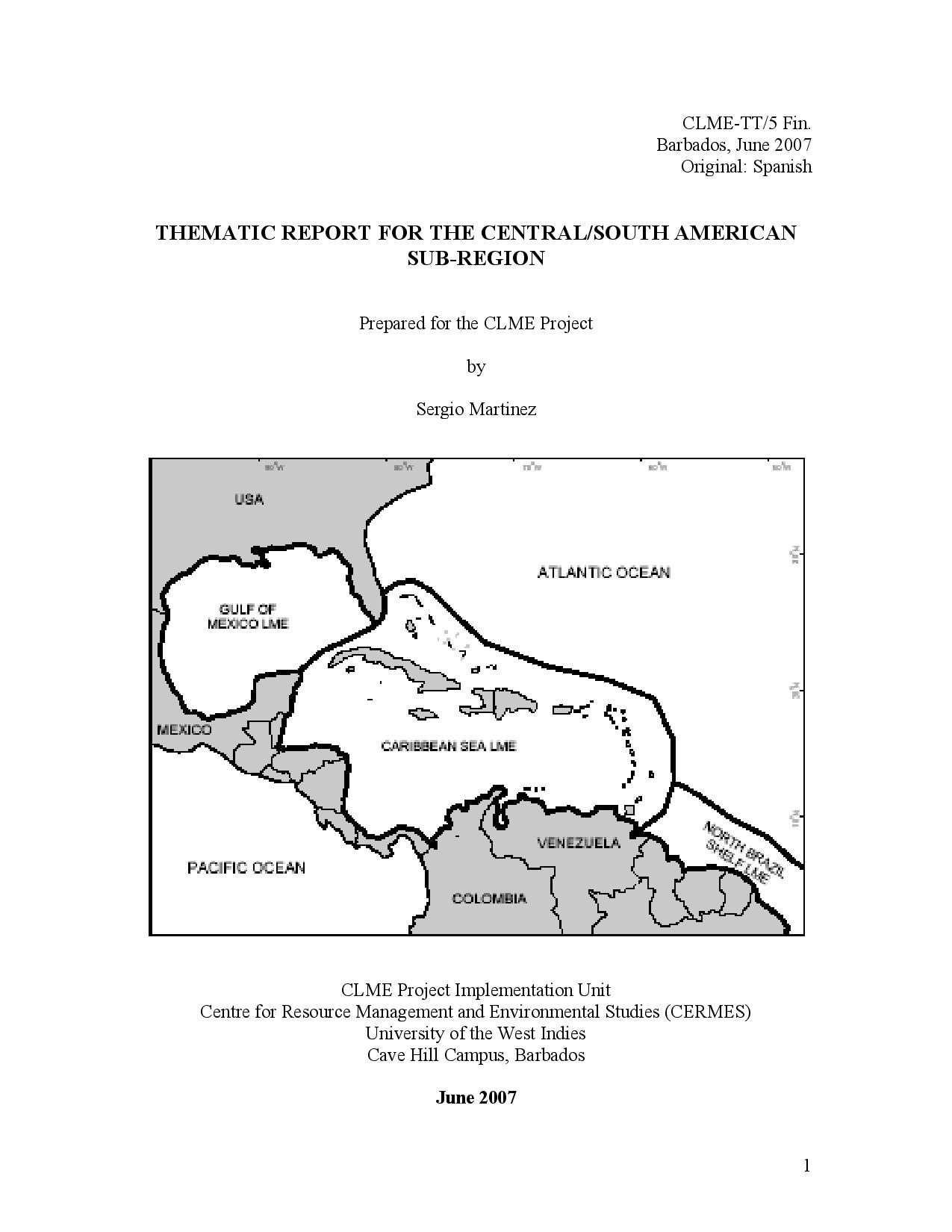
Thematic Report For The Central/South American Sub-Region
Author: Martinez, S.
Year: 2007
Keywords:
 4
4


 Report issue
Report issue
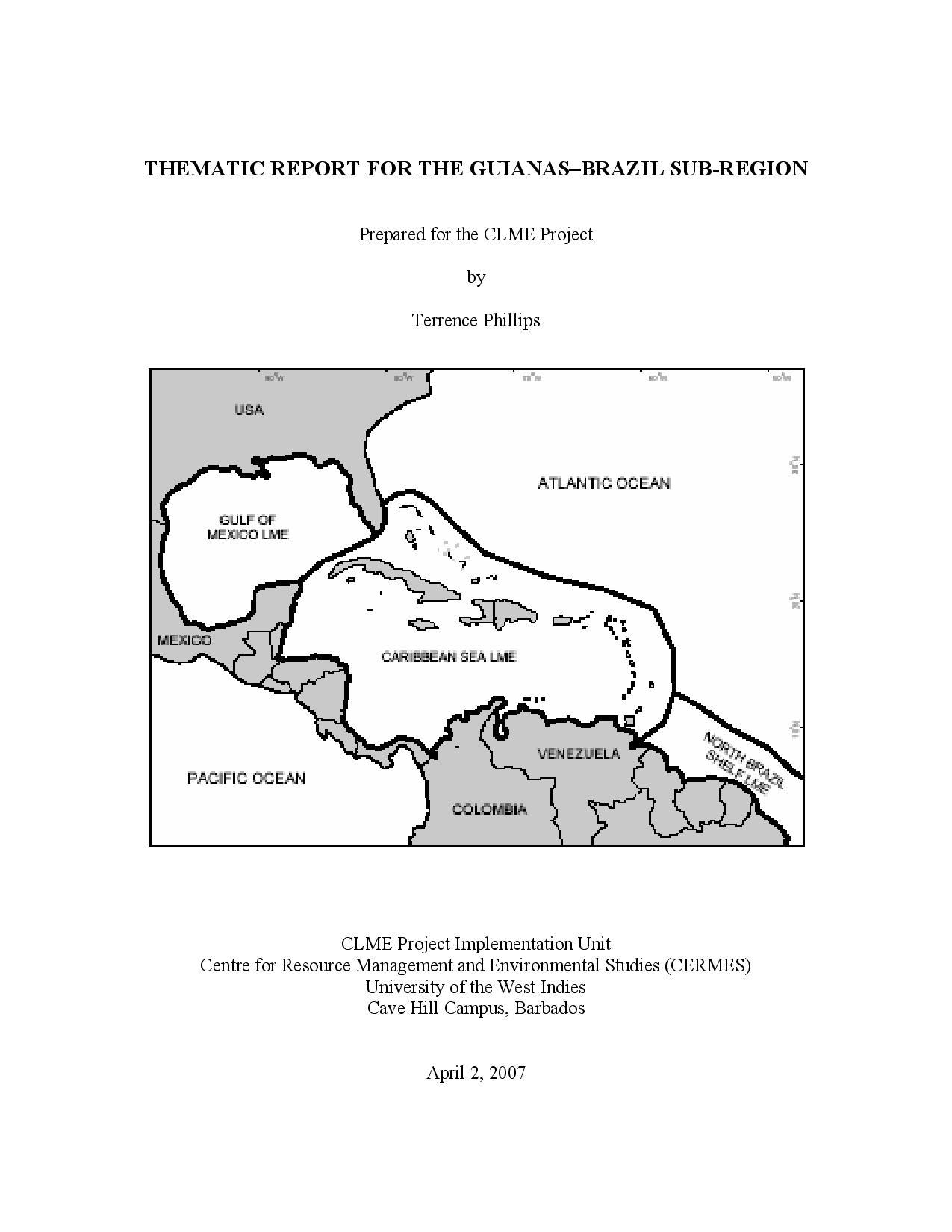
Thematic Report For The Guinas-Brazil Sub-Region
Author: Phillips, T.
Year: 2007
Keywords:
 4
4


 Report issue
Report issue

Thematic Report For The Insular Caribbean Sub-Region
Author: Heileman, S.
Year: 2007
Keywords:
 6
6


 Report issue
Report issue
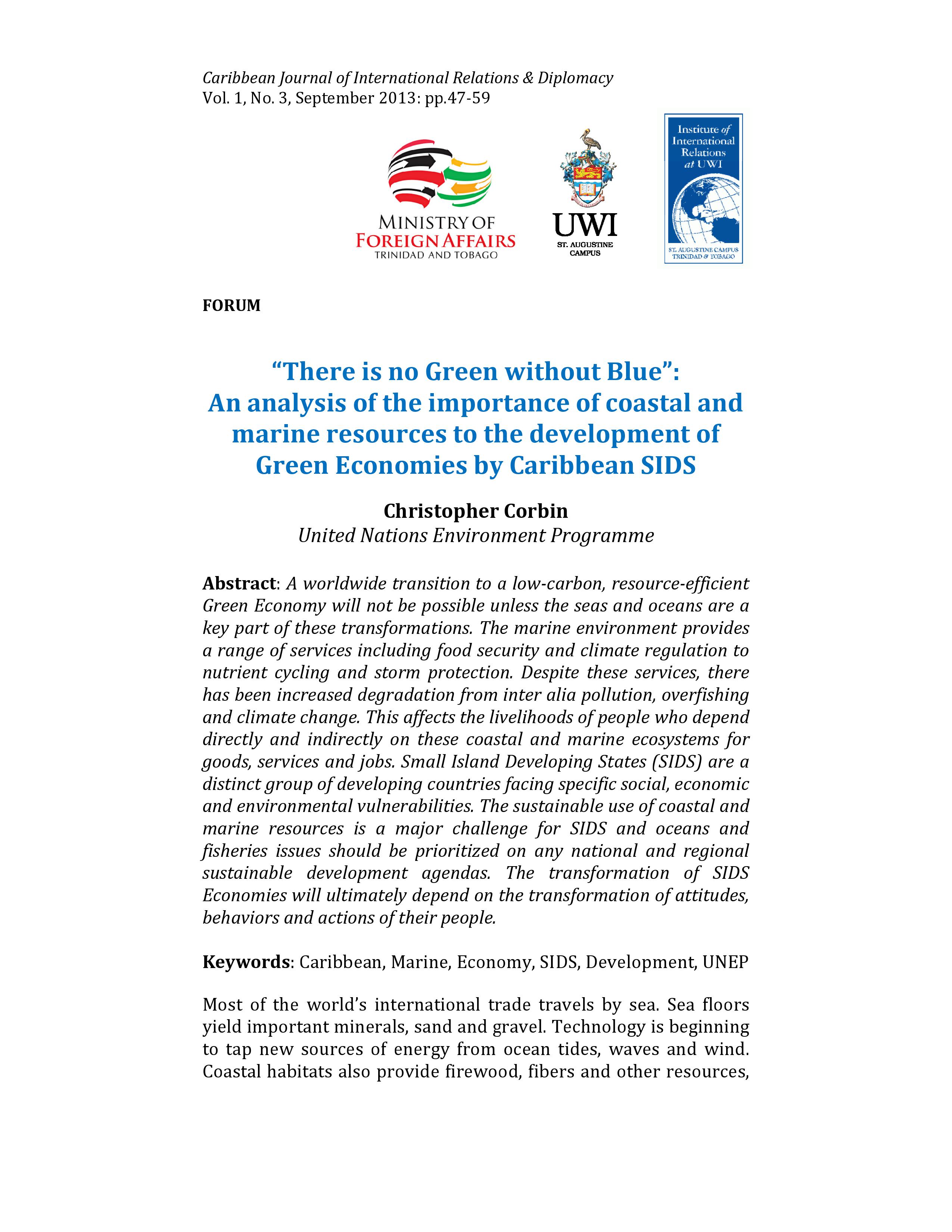
There is no Green without Blue – An analysis of the importance of coastal and marine resources to the development of Green Economies by Caribbean SIDS
A worldwide transition to a low-carbon, resource-efficient Green Economy will not be possible unless the seas and oceans are a key part of these transformations. The marine environment provides a range of services including food security and climate regulation to nutrient cycling and storm protection. Despite these services, there has been increased degradation from inter alia pollution, overfishing and climate change. This affects the livelihoods of people who depend directly and indirectly on these coastal and marine ecosystems for goods, services and jobs. Small Island Developing States (SIDS) are a distinct group of developing countries facing specific social, economic and environmental vulnerabilities. The sustainable use of coastal and marine resources is a major challenge for SIDS and oceans and fisheries issues should be prioritized on any national and regional sustainable development agendas. The transformation of attitudes, behaviors and actions of their people.
Author: Corbin, C.
Year: 2013
Keywords: marine habitats
 10
10


 Report issue
Report issue










